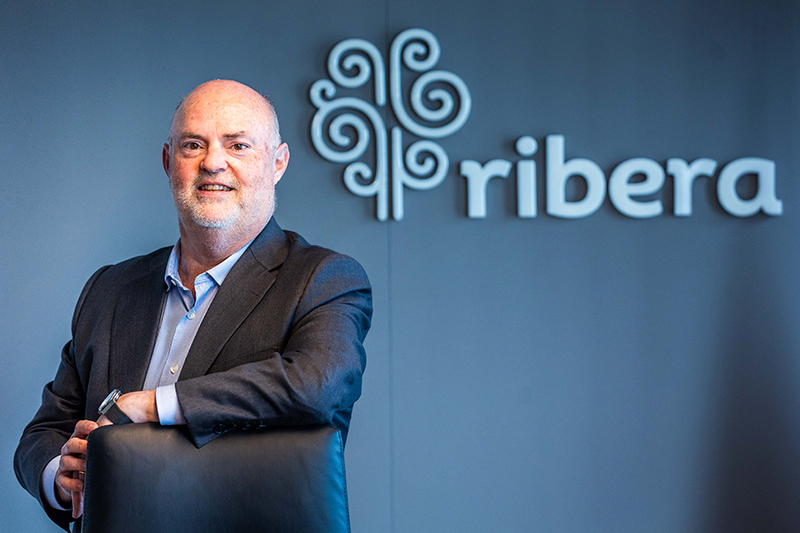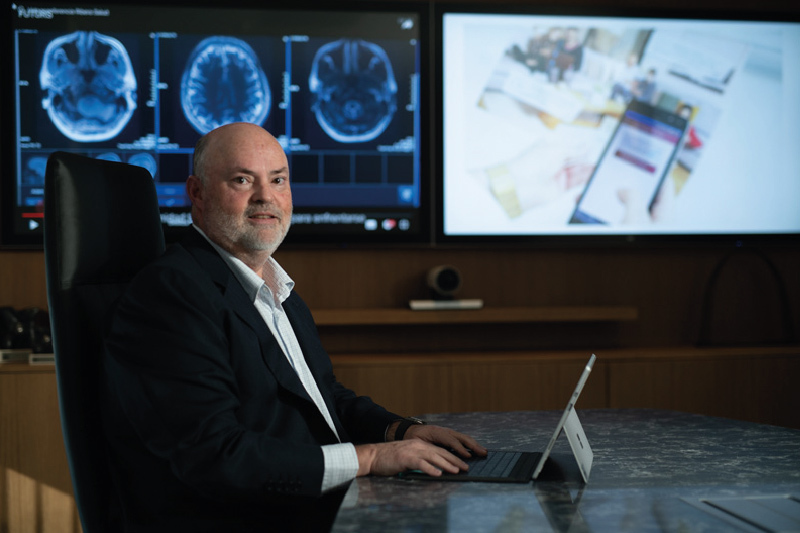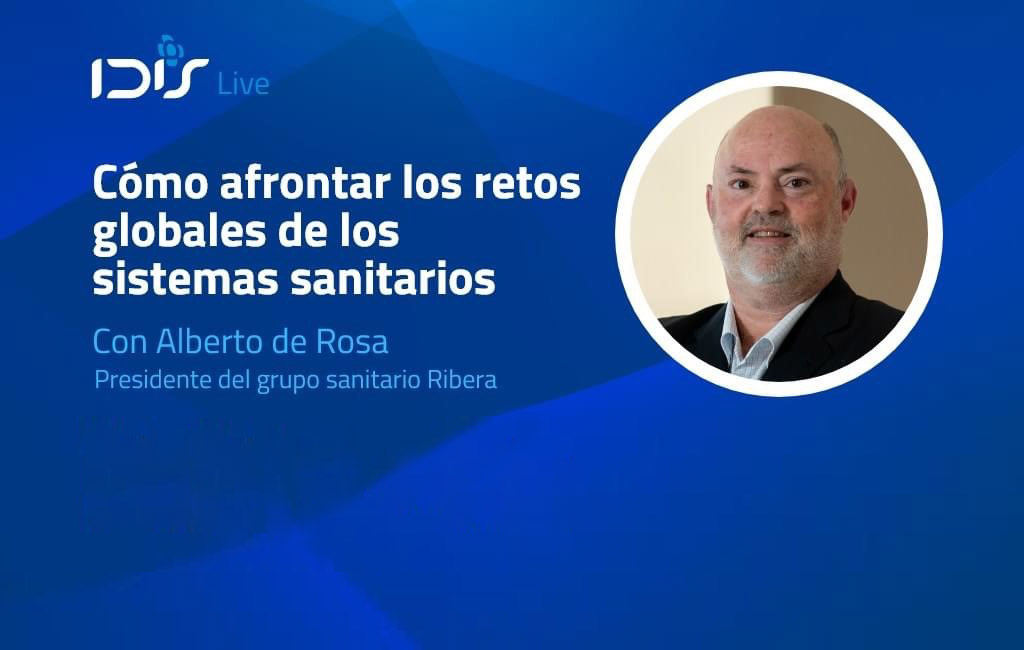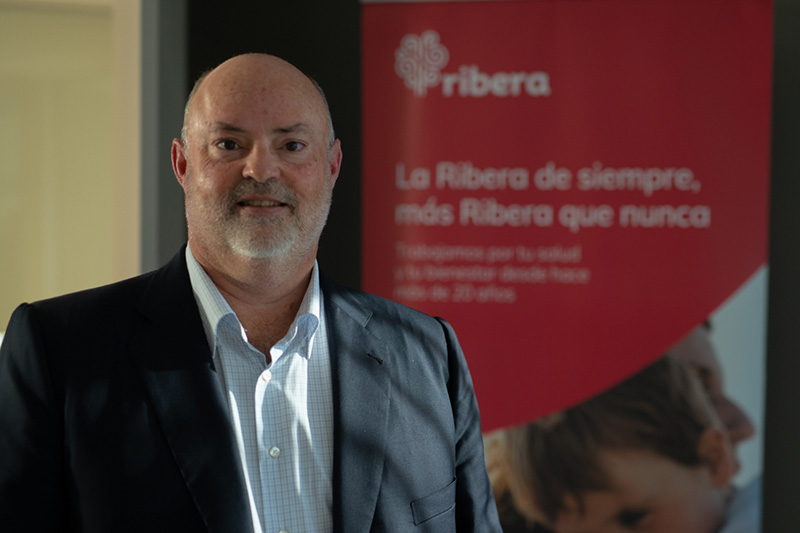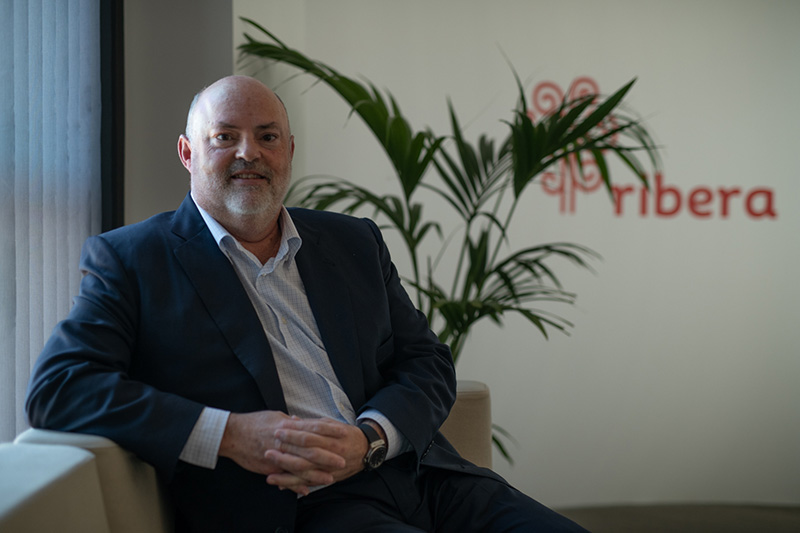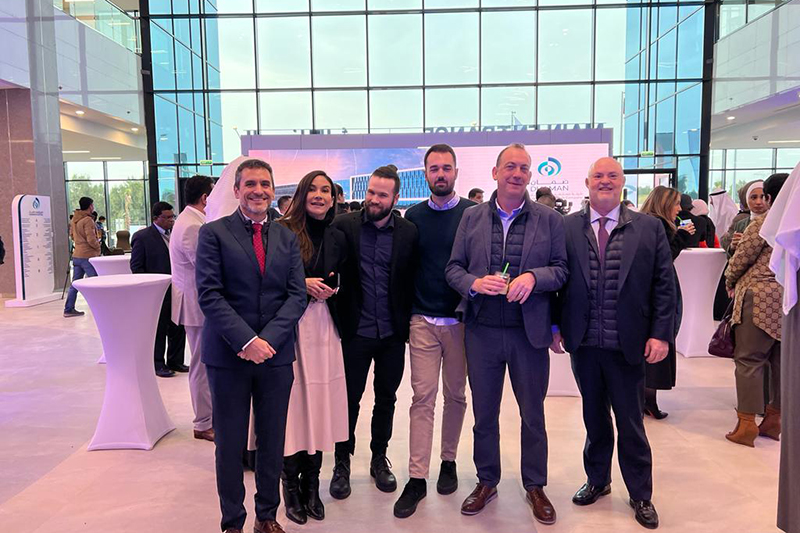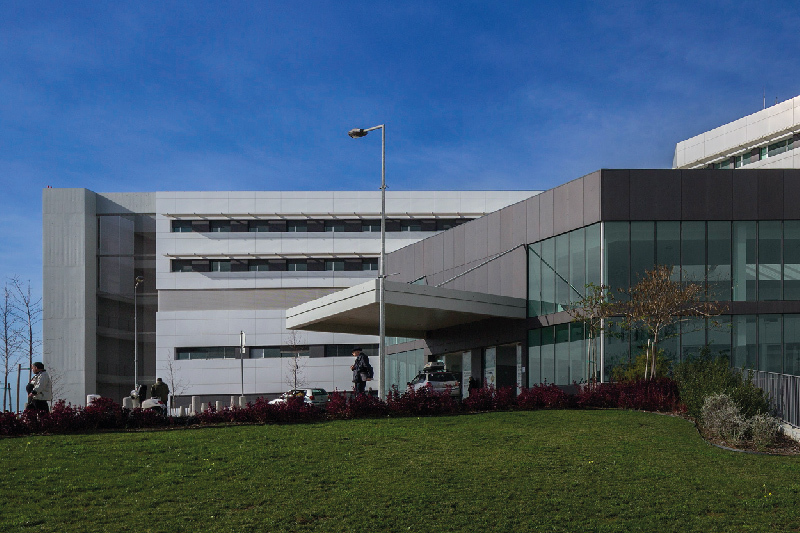Portugal takes action
Just a few days ago, the Portuguese Government presented the draft Decree Law for the reform of its National Health System, which will come into force on 1 January 2024. This reform changes the entire organisational structure of the Portuguese NHS, creating 31 local health units and promoting an integrated health model, which introduces a … Leer más

